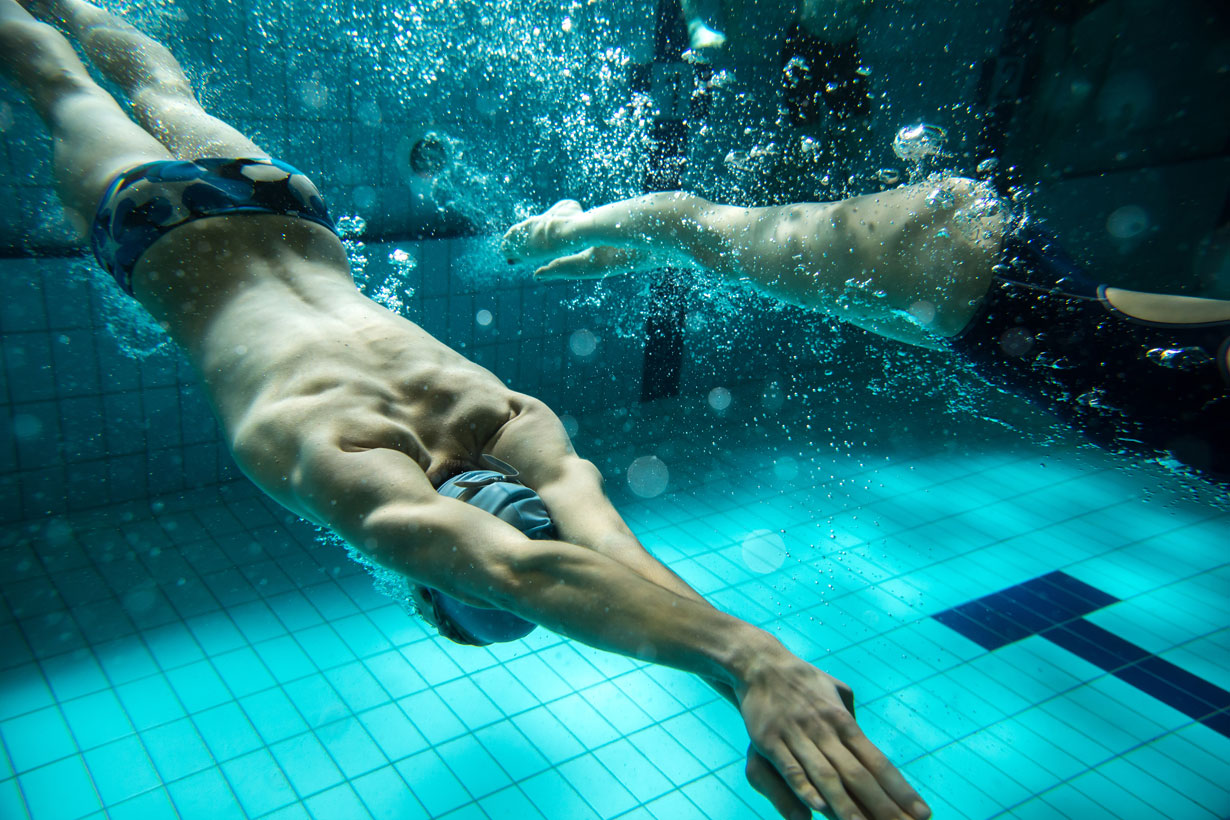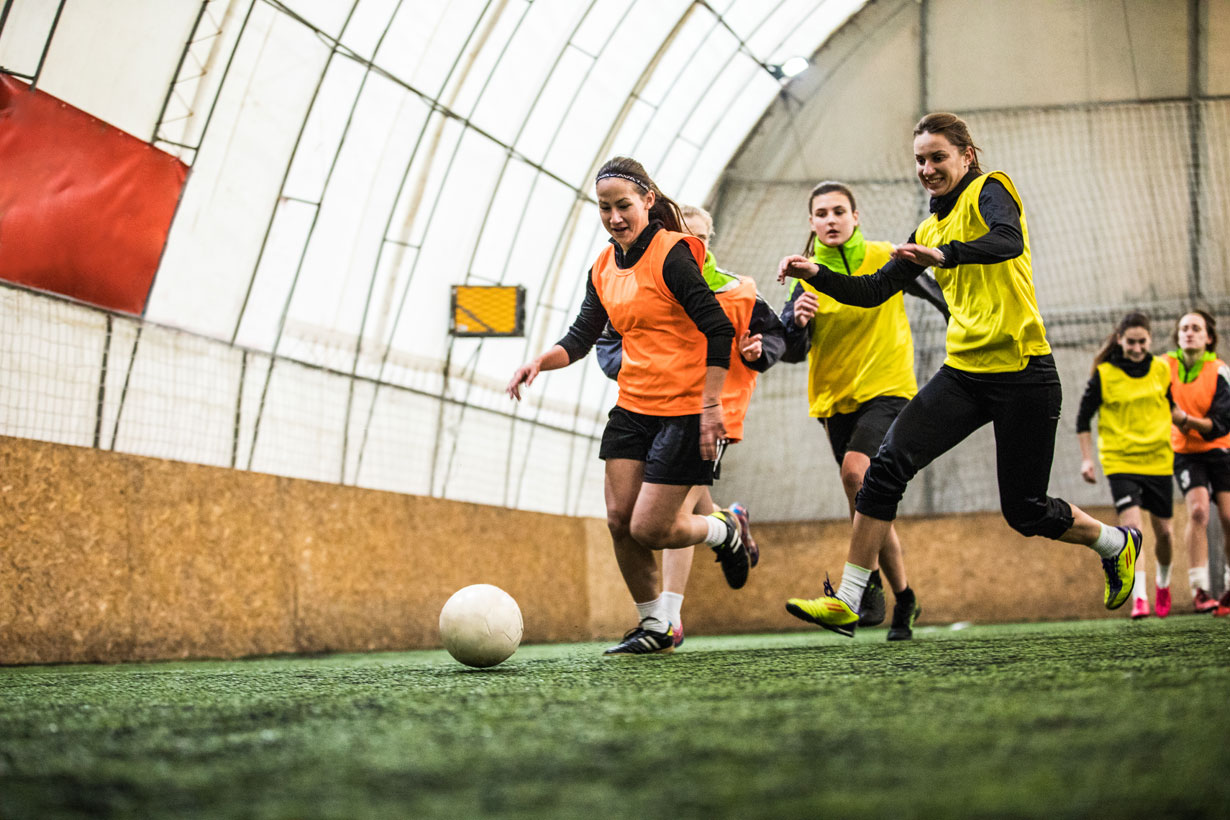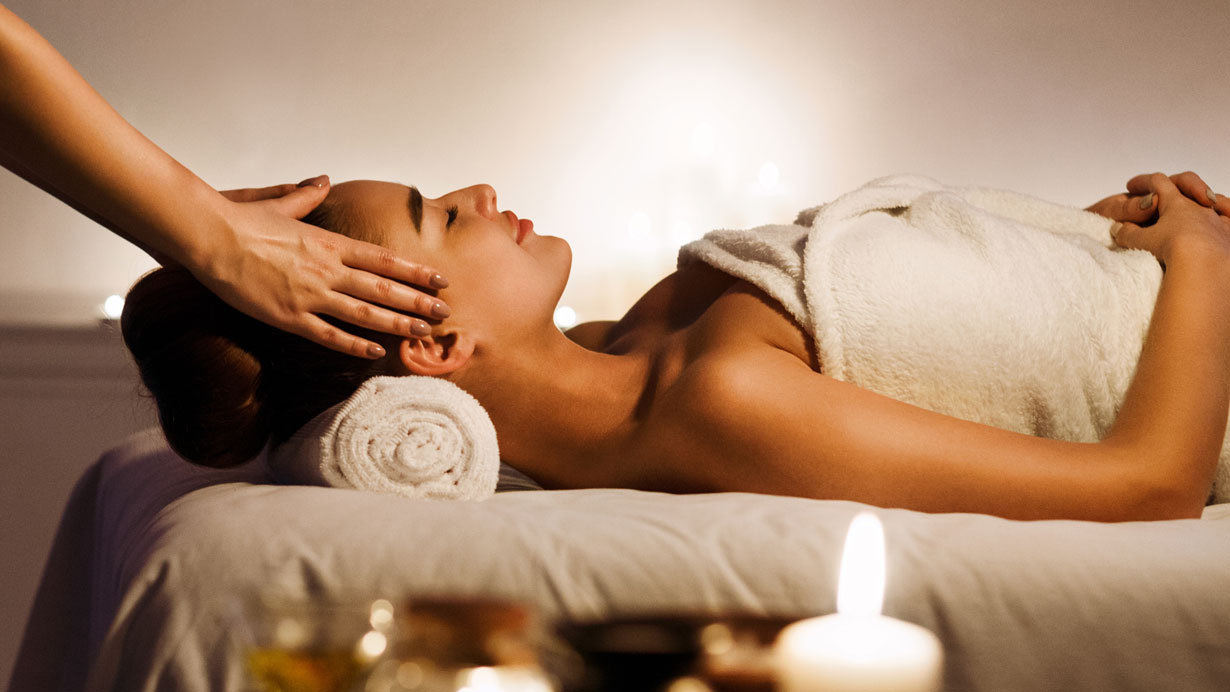
Leisure, sports and hobbies
Fast facts
- Exercise improves fitness, energy and mood and is a good stress reliever
- If your seizures are controlled, you might not need any more safety precautions than anyone else
- Some people say that when they are active, they have fewer seizures
- A small number of people find that doing strenuous exercise increases the number of seizures they have
- There are a few activities that people with epilepsy should avoid, but with the right safety precautions, there’s lots you can do
- Some activities have a governing body that sets rules around safety and medical conditions
The benefits of doing an activity may outweigh the risks
Top tips
-
1You could talk to your doctor or nurse to help decide if an activity is safe enough for you
-
2If you are advised not to do an activity by your healthcare team, ask them why and if there are things you could put in place to make it possible
-
3If you think some sports activities are too risky for you, there are lots of other hobbies you could try instead
-
4Understanding your epilepsy and seizures can help you decide which activities suit you best
-
5If there’s something that you want to do, talk about how to make it as safe as possible for you
Here are some tips for specific activities:
Swimming
Here are some precautions that may help:

It’s a good idea to have a companion in the water with you
Use a floatation /buoyancy aid
If there is a lifeguard present, make them aware of your epilepsy
If there’s no qualified lifeguard present, don’t swim deeper than the shoulder height of the companion swimming with you
Make sure that your companion knows what to do if you have a seizure
Practise what to do if you have a seizure, with your companion
Don’t swim if you are feeling unwell
Avoid overcrowded situations, as it might be difficult for others to notice if you have a seizure
Running


Keep to well-lit and traffic-free routes
It is best not to run by rivers or canals
If you are still having seizures, you could go with someone else
Parkrun is a good way of running with other people
Take your phone with you to call for help if necessary
If you like to run alone, consider a tracker. There are tracker apps you can put on your phone
Find your local Parkrun
Walking and hiking
There’s no reason why having epilepsy should stop you going walking or hiking. If you are still having seizures, it’s a good idea to go with someone who knows what to do if you have a seizure. Plan your route. Can you choose a route with access points for emergency services?
The Ramblers Association has specific advice for people with epilepsy.
At the gym
If you have been seizure free for 12 months you should be able to use any piece of gym equipment. If you are still at risk of having seizures, there may be equipment that you shouldn’t use because it could put you and others at risk of injury. You could discuss this with the staff at the gym and ask for a safety assessment.

Team sports including football, rugby, cricket and netball
There is no evidence to suggest that you should avoid team sports, as long as you follow the normal safeguards. These safeguards may include wearing the proper head protection as recommended by the official sporting body. If your epilepsy has been caused by a head injury, your doctor may advise you to avoid these types of sports.
There’s more information and safety tips for particular sports and activities on the Epilepsy Action website.

Tips for festivals
- The music may be constant, including all night. If you want to get any sleep, take some earplugs. You could also stay off site or buy a day ticket
- If you’re camping, see if you can find the quietest spot to pitch, away from the action
- Don’t leave your meds in your tent. They may not be there when you get back. Also, if you’re having a good time you may not want to go back to your tent when it’s time to take your meds
- Find out where the first aid or medical tent is. Make sure the people you’re with also know where it is
- Tell your friends what to do if you have a seizure or show them the first aid info before you go
- Wear medical ID if it’s possible you’ll have a seizure
- Know the risks of recreational drugs or too much alcohol
- If you have photosensitive epilepsy, ask the organisers in advance if any acts will have strobe or flashing lights that may be a trigger for you. More info about photosensitive epilepsy

Beauty treatments and epilepsy
If you like to spend your leisure time pampering yourself, here’s some info about epilepsy and different beauty treatments.
-
Sun beds
There’s no evidence that sunbeds in good working order can trigger seizures. If you have photosensitive epilepsy a faulty sunbed where the lights flicker could potentially trigger a seizure. If you have photosensitive epilepsy ask staff to check that the lights are working properly, and not flickering.
-
Treatments using lasers – hair removal, skin resurfacing and tattoo removal
If you don’t have photosensitive epilepsy, there’s no reason why laser treatment would trigger a seizure.
If you have photosensitive epilepsy, check with the salon if the light used in the treatment flashes or flickers and, if so, if it would be visible to you during the treatment. Some salons recommend that if you have photosensitive epilepsy, you wear goggles which block out all light during the treatment.
-
Treatments that involve electricity
Treatments involving electricity include electrical body toning products, epilators, foot spas and electrolysis. There’s no evidence that treatments involving electricity can trigger seizures.
-
Spas – Jacuzzis, saunas and steam rooms
There is no reason why you shouldn’t use a Jacuzzi. However, if your seizures are not well controlled, you should have someone with you who would know how to help you, if you had a seizure.
Anyone is at risk of burns if they become ill while in a sauna or steam room. If you’re still having seizures it would be a good idea to go with someone who would know how to help you, if you had a seizure.
-
Body piercings
There’s no evidence that getting part of your body pierced can trigger a seizure.
It’s worth considering that if you have your tongue pierced and still have seizures, the tongue stud could cause injury to your mouth. It’s possible for the studs to damage your teeth during a tonic-clonic seizure.
-
Tattoos, waxing and massage
There’s no evidence that having a tattoo or waxing can trigger a seizure.
There’s no evidence that the action of massage can trigger a seizure. If the massage involves essential oils, check which oils the therapist it planning to use. Some essential oils are not recommended for people with epilepsy as they could make you more likely to have a seizure. These include rosemary, fennel, sage, eucalyptus, hyssop, camphor and spike lavender.
There’s more information about beauty treatments and epilepsy on the Epilepsy Action website. This includes what to do if you’re refused treatment or treated unfairly because of your epilepsy.
Listen
Seize your adventure is a podcast by Francesca Turaskis. There are episodes on running, hiking and doing adventure sport with epilepsy.
Watch
The story of Katie Lee who does her local parkrun, by Vitality UK
Stories by you
Do you have a story to share about leisure or sports activities? Get in touch
Trying something new
If you don’t have many hobbies, why not try something new? If you are at college or university find out what clubs or societies there are.
Do something
Think about the leisure activities, sports or hobbies you do. Is there anything else you could do to increase your safety?
What you do to relax and enjoy yourself can have a big impact on your wellbeing. Are there any activities that you don’t do anymore, that you’d like to start again? Or is there anything new you’d like to try? Have you got all the information you need to make the activity safe enough?







